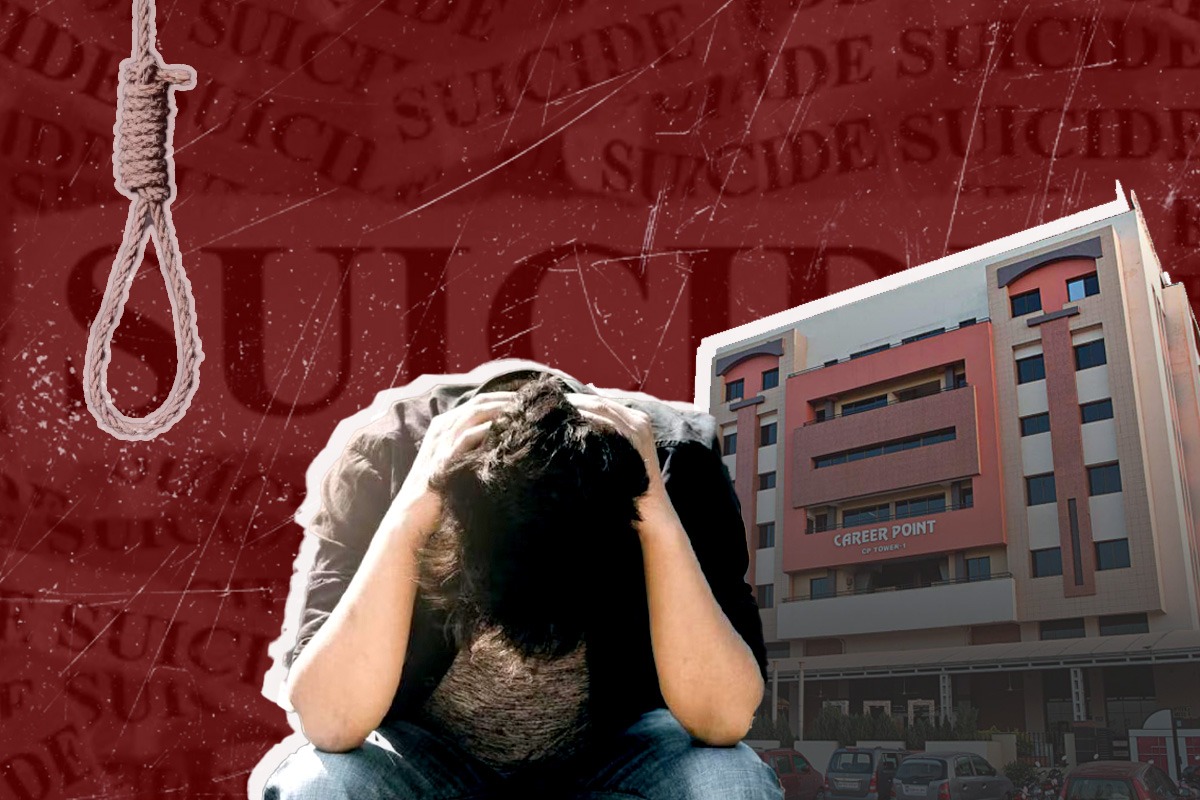The recent surge in student suicides in Kota, Rajasthan, shines a harsh light on the toxic culture of unrealistic expectations and pressure plaguing our education system. The tragic suicide notes left by these young souls reveal the dark reality of the mental anguish they endured, often driven by the relentless pursuit of academic excellence and the burden of parental expectations.
For years, Kota has been known as the coaching capital of India, attracting students from all corners of the country with promises of success in competitive exams like NEET and JEE. However, behind the facade of academic achievement lies a disturbing truth – a culture of intense competition, stress, and despair that pushes vulnerable students to the brink of despair.
The case of the 18-year-old NEET aspirant from Uttar Pradesh, who cited the pressure of exams and personal issues as reasons for his suicide, is a stark reminder of the psychological toll exerted by our education system. The pressure to excel in exams, coupled with the unrealistic expectations of parents and society, creates a toxic environment where students feel trapped and hopeless.
It’s time to confront the uncomfortable truth that our education system is failing our youth. The government, along with educational institutions and parents, must take urgent action to address the root causes of student suicides and prioritize the mental well-being of students over academic achievements.
First and foremost, there needs to be a shift in mindset towards redefining success beyond just academic grades. Parents must recognize the individual strengths and passions of their children and support them in pursuing their interests, rather than imposing their aspirations upon them.
Additionally, there must be greater regulation and oversight of coaching institutes in Kota and across the country. These institutions, often driven by profit motives, subject students to grueling schedules and unrealistic expectations, contributing to the mental health crisis among youth.
Furthermore, there needs to be increased access to mental health resources and support services for students struggling with stress and anxiety. Schools and colleges must prioritize mental health education and provide students with the tools and resources to cope with academic pressure and personal challenges.
As a society, we cannot afford to ignore the silent epidemic of student suicides. It’s time to come together and create a nurturing and supportive environment for our youth, where their mental well-being is valued above all else. Only then can we prevent the tragic loss of young lives and build a brighter future for generations to come.










